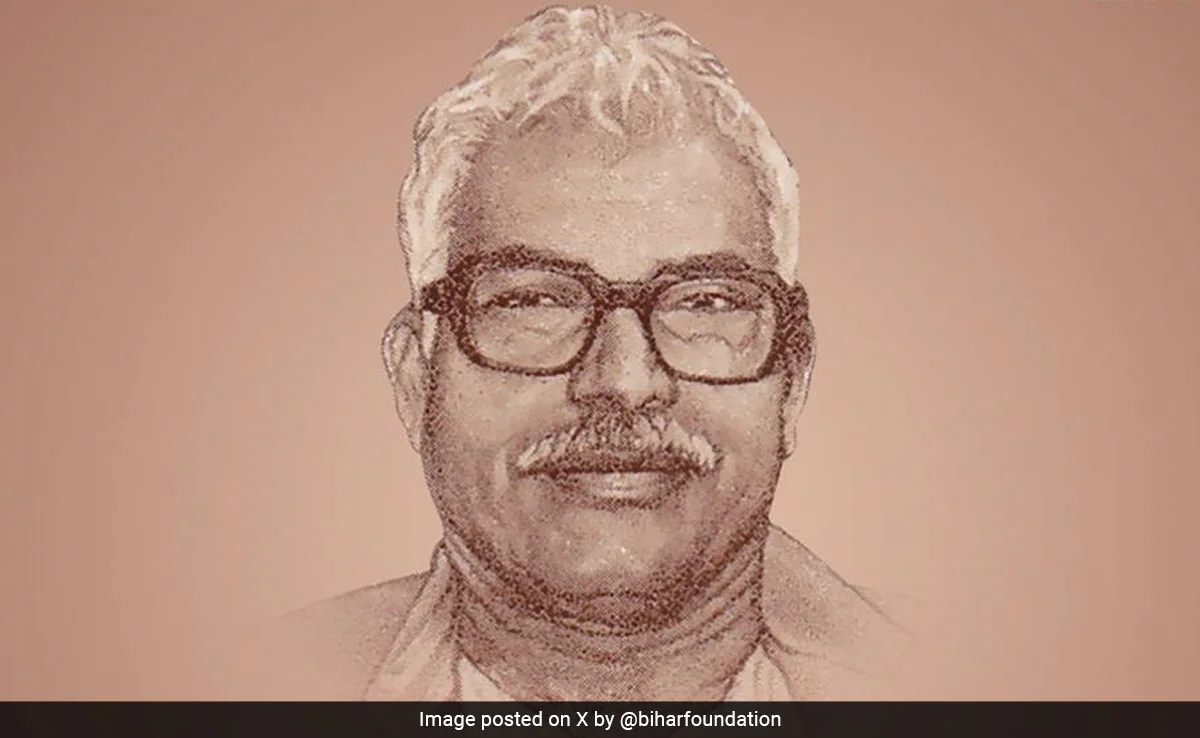Unveiling the Legacy: Bharat Ratna Conferred Posthumously to Karpoori Thakur
In a historic moment that echoes the principles of social justice and equality, the former Chief Minister of Bihar, Karpoori Thakur, has been posthumously honoured with the Bharat Ratna. This prestigious award, conferred by President Droupadi Murmu, comes 35 years after his demise on February 17, 1988. The recognition serves as a testament to Thakur’s unwavering commitment to championing the cause of the marginalized and fostering equality and empowerment.
Early Years and Political Ascension of Karpoori Thakur
Karpoori Thakur, fondly known as “Jan Nayak” in the state, had a brief yet impactful tenure as the Chief Minister of Bihar. His leadership spanned from December 1970 to June 1971 and later from December 1977 to April 1979. Thakur’s political journey was characterized by his relentless pursuit of social justice and the upliftment of the underprivileged.
The timing of conferring the Bharat Ratna on Karpoori Thakur, coinciding with his birth centenary, is perceived as a strategic move by the BJP. Bihar Chief Minister Nitish Kumar, along with his Janata Dal United, welcomes this honour, emphasizing its positive impact on Dalits and neglected sections of society. This move, strategically positioned ahead of general elections, is seen as the BJP’s endeavour to gain allegiance from the Other Backward Castes, a demographic traditionally loyal to Nitish Kumar.
Political Implications
As Bihar witnessed a caste survey and subsequent adjustments in quotas for the Economically Backward Classes, Other Backward Classes, and Dalits, the political landscape underwent a shift. The ruling alliance led by Nitish Kumar gained an advantage, prompting the BJP-led government to acknowledge the significance of Bahujan concerns through the posthumous conferment of Bharat Ratna to Karpoori Thakur.
Prime Minister Narendra Modi’s awareness of the changing dynamics in Bihar’s political arena is evident. The government’s decision to honour Karpoori Thakur reflects an understanding of the rising influence of Bahujan sentiments. This move, coupled with the earlier caste census and an expansion of reservation scope, showcases a strategic response to the evolving political landscape in Bihar.
Reactions and Reflections on Karpoori Thakur’s Award
RJD MP Manoj Jha underscores the acknowledgement of Karpoori Thakur as a pioneer of social justice. The tweet suggests that the BJP’s decision was prompted by the recognition of Bahujan concerns, and it congratulates key political figures for their roles in advocating for these concerns.
The BJP’s alliance with Nitish Kumar has been marked by shifts and realignments. Nitish Kumar’s departure from and subsequent return to the NDA, along with the recent formation of a diverse alliance in Bihar, has added complexity to the political landscape. The BJP’s isolation factor, emphasized by a fractured Lok Janshakti party, further highlights the significance of the Bharat Ratna conferment.
In honouring Karpoori Thakur with the Bharat Ratna, the government acknowledges the indelible mark left by this Jan Nayak on Bihar’s political and social fabric. The strategic timing of this move reflects a nuanced understanding of Bihar’s political dynamics and the evolving concerns of its diverse demographic. As the political landscape continues to evolve, the legacy of Karpoori Thakur stands as a symbol of enduring commitment to social justice and equality.

